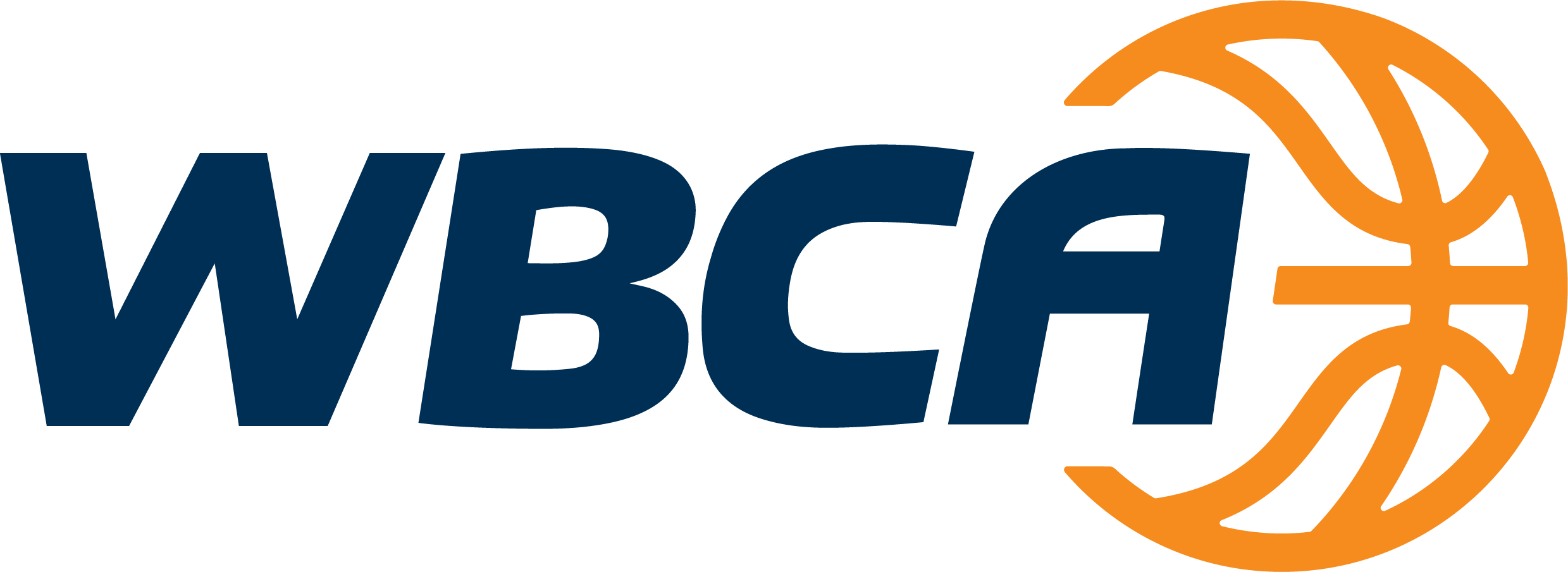Helping your supervisor understand how best to manage you is critical to ensuring your program functions at a high level and that you are successful. Managing up is about actively participating in building strong relationships and lines of communications; it is about being a leader within your sphere of work and not waiting to be led. M. Dianne Murphy, Ph.D., who worked as an athletic director for 17 years and currently serves as senior partner of The PICTOR Group, shares her three keys to using this strategy to succeed.
Reap the benefits of consistent communication
Communicate regularly with your supervisor about your day-to-day responsibilities. Many employees believe it unnecessary to discuss their accomplishments. However, these conversations help supervisors understand the quality and quantity of each person’s work, identify potential gaps in knowledge, and determine who can be given more work when necessary. It is an opportunity for you to help your supervisor understand your limits and showcase your passion, work ethic and reliability. Don’t wait for your supervisor to initiate these conversations; grab them for an early-morning coffee or arrange time to chat with them during their regular routine, such as a daily workout.
Speak their language
Learn your supervisor’s communication style; it can make managing your own world easier. Do they prefer in-person meetings, phone calls, emails or texts? How much or little information do they need to make decisions? Ask them during your job interview or in the first days on the job. If you miss that opportunity, use fellow staff members as a resource.
Make each other shine
Start with your job description; think about whether you are meeting those expectations and delivering on each item. Now consider where your supervisor may need help staying on track. For example, are fan events, alumni events or both a stressful part of your head coach’s job? Think about how you can help them prepare and be less stressed. Is budgeting a challenge each year? Ask how your skills with numbers can make that project easier. Keeping your supervisor on track and making them look their best is beneficial for you, your supervisor and the entire program. Remember, they need your help just as much as you need their support and guidance.
You feel more confident and in control of your program and management process when you understand what’s expected of you and seek consistent feedback. The value you place on your work grows, and you become vested in the success of the program.

